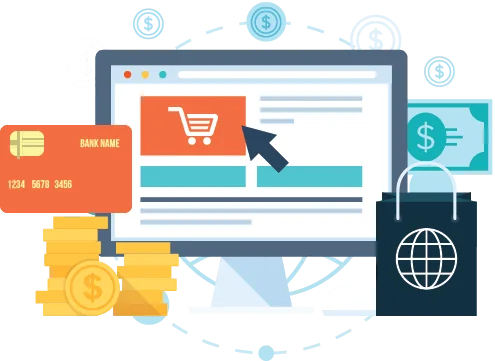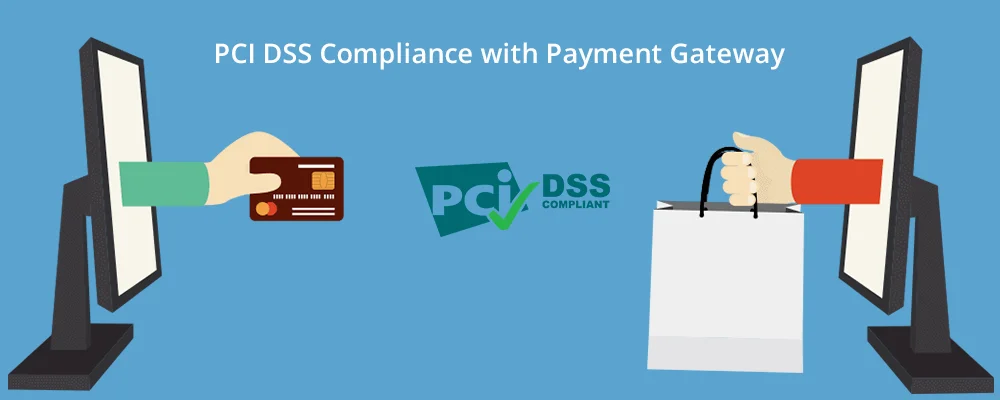What is a Payment Gateway?
The Payment Gateway is a technology in eCommerce business to transfer money through a secure channel after verifying transaction information within banks. The payments and the money transfer done through the payment gateways are safe and encrypted.
The customer can make payment via cards and other payment options. Here we will get to know a complete guide about the Payment Gateways.
Bagisto by default supports Paypal payment gateway
Some of the examples of payment gateways are as follows:-
- Stripe Payment Gateway.
- Mollie Payment gateway.
- Accept Payment Gateway.
- CashU Payment Gateway.
- Authorize.net Payment Gateway.
Role of API in Payment gateways
API plays an important role to integrate the payment gateway to the eCommerce website so that the customers can use the payment gateway for the purchase of their product. Payment gateway makes sure that the customer’s details are safe and encrypted.
Benefits of API are as follows:-
- Customer can interact with the payment gateway anywhere.
- Provides a wide range of payment option to the customers.
- Customers data remain safe and secure.

Compliance in Payment Gateways
The Payment gateways must be PCI DSS certified so that all the details of the customers including card details and personal information remains encrypted.
If an eCommerce store processes electronic payments, process and transmit cardholder data then the payment gateway must be PCI DSS compliance.

Some other requirements of Payment Gateways
Currency Supports
A Payment gateway must support several types of currencies so that the transaction can be done according to the customer’s requirements.
Multi-Language support
The Payment gateways must support multiple languages so that customers from the different region can interact with the payment gateways.
Payment information storage
Saving payment information is very must so that the customers do not need to enter the payment information again and again. This information should also be encrypted to ensure that the information is safely and securely stored.
Recurring billing
The payment gateway must provide a recurring billing option that can be very beneficial for the customers who needs to make recurring payments.
API tools and Developer option
The payment gateway must give the feature to customize it for specific needs.
Laravel eCommerce Stripe payment gateway is also PCI DSS level 1 certified.
How does Payment gateway work?
Payment gateways encrypt the sensitive data of the customers such as the card number. However, this ensures that the information passed between the customer and the merchant remains secure.
The following are the steps of how a payment gateway works:-
Step 1
The customer places an order in an eCommerce store.
Step 2
The web browser encrypts the essential information of the customer such as card information via SSL encryption.
Step3
3.1:- The customer’s encrypted card details are forwarded to the payment gateway via a merchant account.
3.2:- The payment gateway then processes the transaction details to the payment processor.
3.3:- This payment processor then forwards the transaction information to the card association (e.g. Visa, Mastercard).
Step 4
The customer’s bank receives the authorisation request and sends a response code back to the payment processor, detailing whether the payment has been approved or declined.
Step 5
The bank settles the money with the payment gateway and then the payment gateway settles the money to the merchant.
What is a Payment Processor?
The payment processor act as a mediator between the merchants and the financial institutions. The payment processor authorizes transactions and also works on merchants getting paid on time.
Some processors provide equipment for card acceptance, security solutions, PCI compliance assistance, customer support, and other value-added services also.
What is the need for Payment Gateways?
- Using a payment method can decrease the payment frauds, credit card frauds within the eCommerce business. Payment gateways make sure that the customer’s card details are safe and secure in a proper manner.
- By using the payment gateway customers stays at the merchant’s site without visiting the popup pages.
- Having a payment gateway means that your store is also 24X7 open thus the customers can do purchase any time anywhere.
- A payment gateway is much faster than manual processing, and customers can make a purchase without the inconvenience of long waits or lines.
SUPPORT
Thus this article was a complete guide about the Payment Gateways for any kind of support/consultancy also raise a ticket at https://bagisto.uvdesk.com/en/




3 comments
To add Phone-Pe Payment Gateway you need to develop the particular payment method
Kindly took a reference from the link below.
Link: https://devdocs.bagisto.com/2.2/advanced/create-payment-method.html
Thanks & Regards